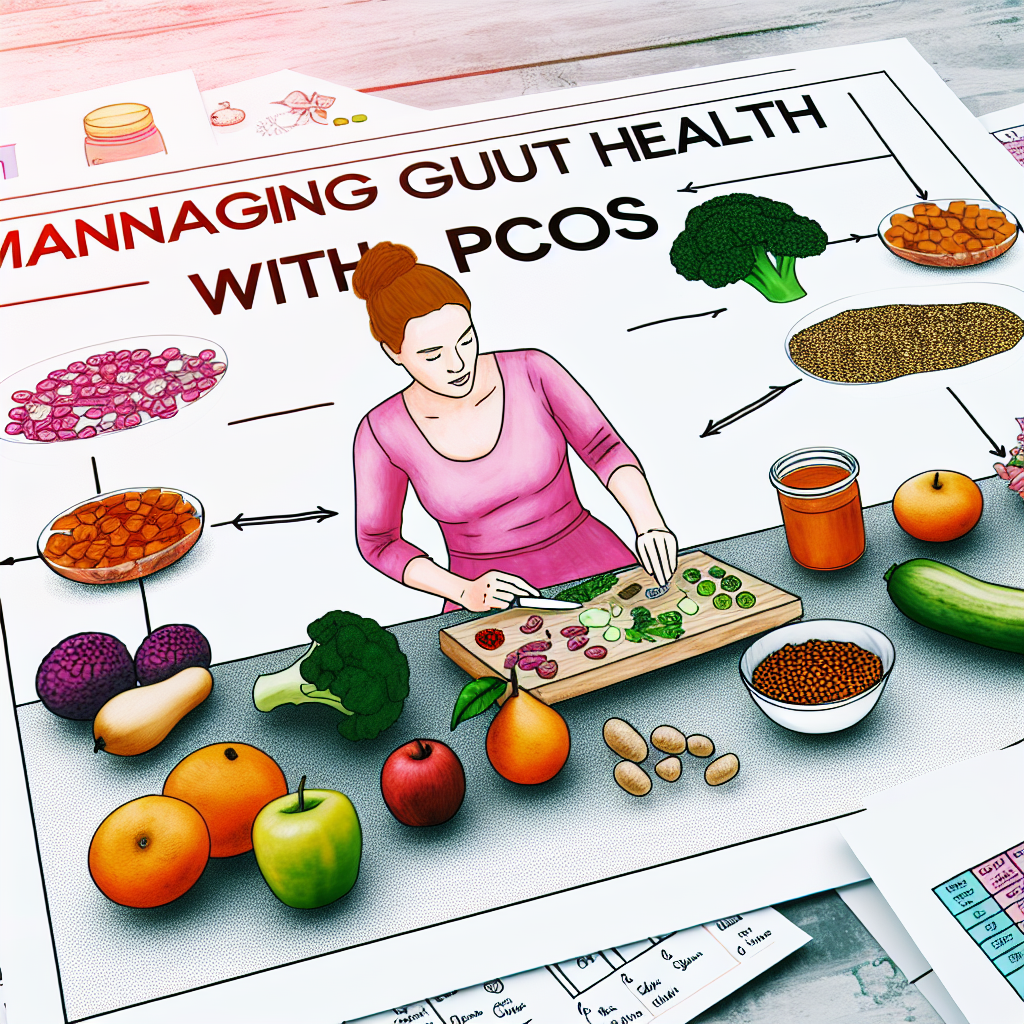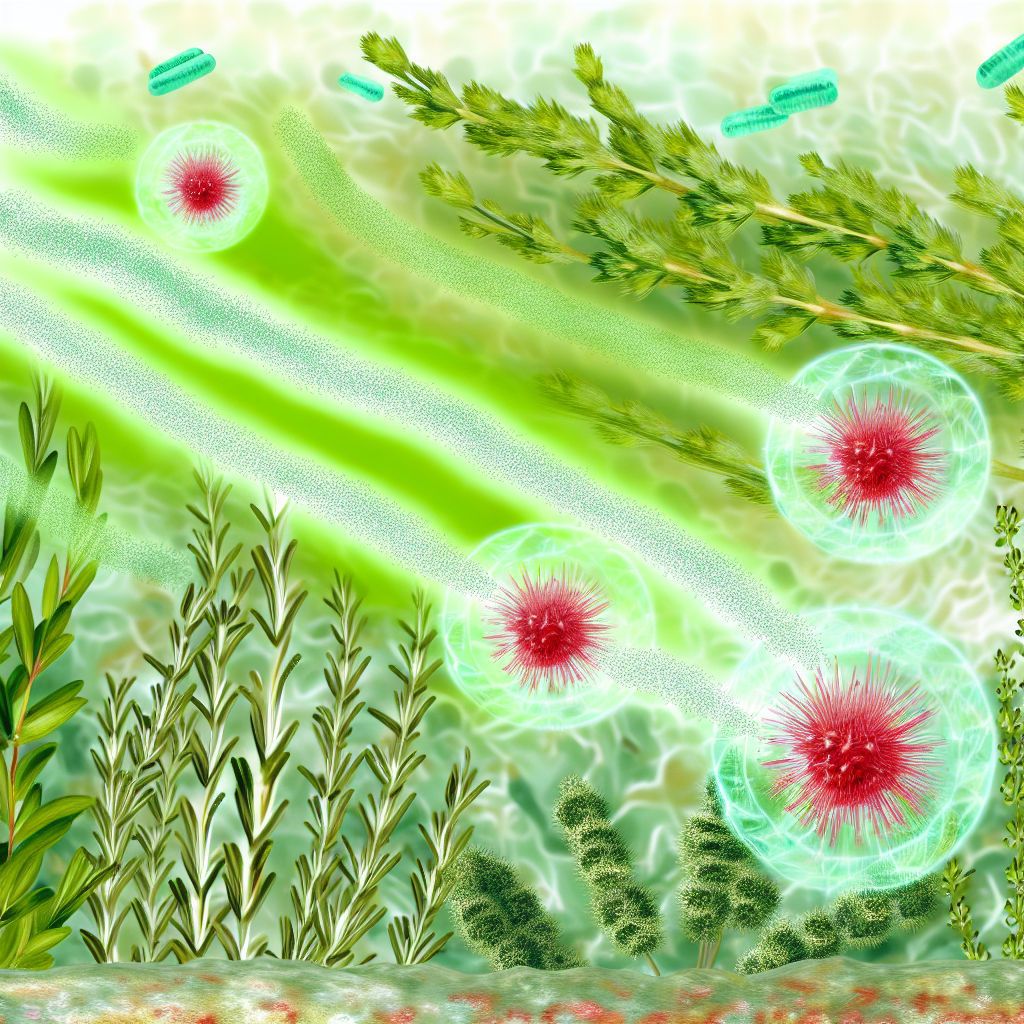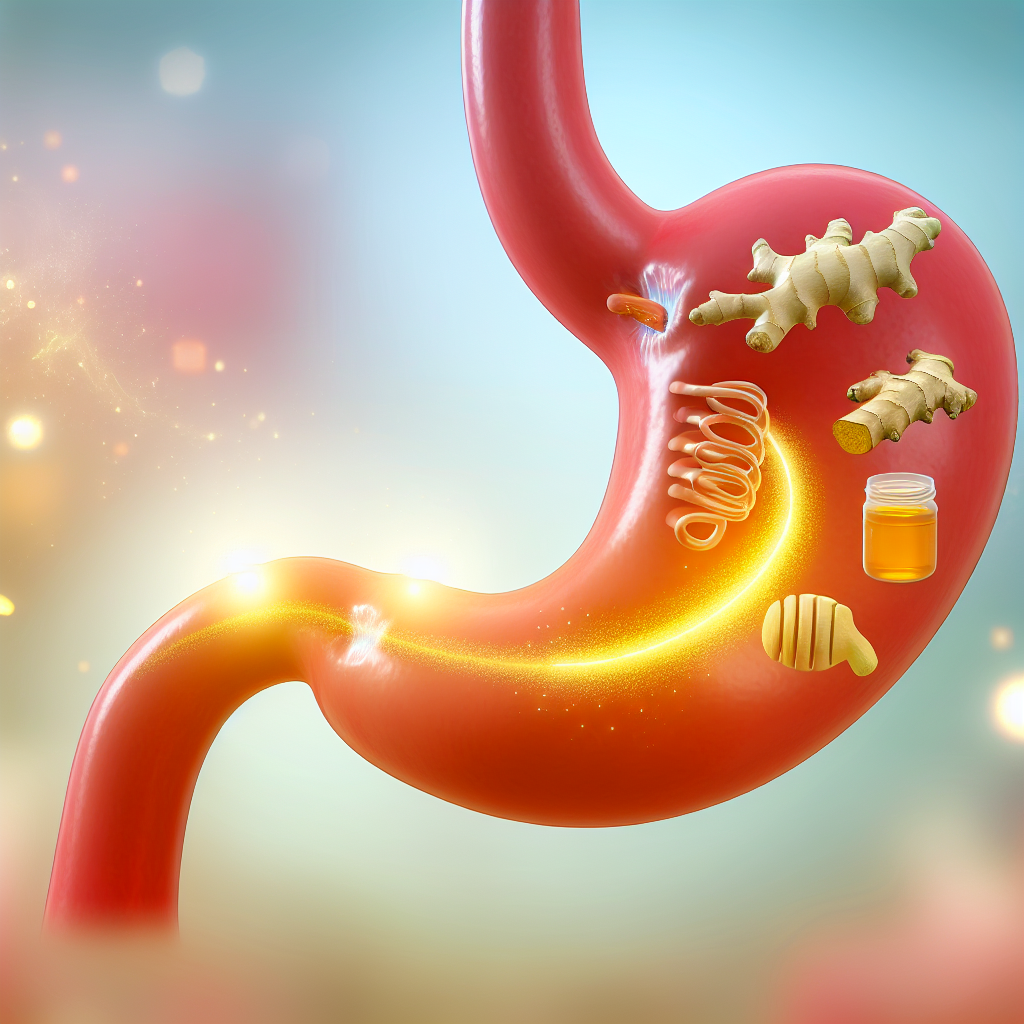Managing Gut Health with PCOS: A Hormone-Balancing Nutrition Plan
Polycystic Ovary Syndrome (PCOS) is a common endocrine disorder affecting approximately 1 in 10 women of reproductive age. It involves a complex array of symptoms such as irregular menstrual cycles, insulin resistance, weight gain, acne, and excess androgen levels. Emerging research now links gut health directly to PCOS, indicating that balancing the gut microbiome may be a game-changing strategy for natural symptom management.
The trillions of bacteria within the digestive system influence metabolism, immunity, and even hormone regulation. Women with PCOS often experience chronic inflammation, “leaky gut” syndrome, and dysbiosis — all of which can worsen hormonal imbalances. By repairing the gut and optimizing dietary patterns, women can support detoxification, balance hormones, and significantly reduce PCOS symptoms.
This article explores the groundbreaking connection between the gut and PCOS, supported by science-backed strategies and natural remedies to help you regain hormonal balance — starting with your gut.
Why Gut Health Matters for PCOS: Understanding the Connection
Scientific research continues to uncover the strong relationship between gut imbalances and PCOS. A 2017 study in PLOS ONE discovered that women with PCOS often have altered gut microbiota compositions, specifically lacking beneficial bacteria like Lactobacillus and Bifidobacterium. This dysbiosis can lead to leaky gut syndrome, triggering systemic inflammation and worsening insulin resistance.
Gut-derived endotoxins from poor microbial health can cross into the bloodstream, activating inflammatory pathways. This chronic inflammation is a key driver in blood sugar dysregulation and reproductive hormone imbalance.
An insightful 2019 review in Frontiers in Endocrinology revealed that modifying the microbiome through diet, prebiotics, and probiotics significantly improved insulin sensitivity and reproductive hormone profiles in PCOS patients.
Natural Herbal Allies: How Botanicals Can Improve Gut and Hormone Health
One powerful herbal compound making headlines is berberine, extracted from plants like Berberis vulgaris. Notably, a 2012 study in Journal of Clinical Endocrinology & Metabolism compared berberine to metformin and found it equally effective in improving insulin sensitivity and fertility outcomes in PCOS women.
Licorice root (Glycyrrhiza glabra) offers anti-inflammatory and phytoestrogenic properties, supporting estrogen metabolism and lowering androgen levels. Meanwhile, spearmint tea has shown promise in reducing facial hair (hirsutism) and improving hormonal balance, according to the Phytotherapy Research Journal.
Probiotic supplementation is another key intervention. A 2018 randomized controlled trial published in Clinical Endocrinology showed that probiotics combined with prebiotics helped lower inflammation, improve hormonal profiles, and enhance insulin sensitivity in PCOS over a 12-week treatment period.
Your Gut-Focused Nutrition Plan for Hormonal Balance
Implement these evidence-based food and herbal strategies to nourish your gut—and transform your hormonal health with PCOS:
- Increase Prebiotic Fiber: Feed your gut microbiota with prebiotics from foods like garlic, onions, artichokes, oats, leeks, and bananas. These help regulate estrogen through the colon-liver axis and support bacterial diversity.
- Eat More Probiotic-Rich Foods: Add fermented foods like sauerkraut, kimchi, kefir, yogurt with live cultures, and kombucha to help restore microbial balance and strengthen your immune defenses.
- Spice Up with Anti-Inflammatory Herbs: Ginger, turmeric, cinnamon, and spearmint are natural ways to calm systemic inflammation and reduce elevated androgens.
- Smart Herbal Supplementation: Berberine (for metabolic health), licorice root (for cortisol balance), and spearmint (for reducing androgens) can offer therapeutic benefits. Always use under healthcare provider supervision.
- Balance Blood Sugar with Macronutrients: Combine complex carbs, protein, and healthy fats in every meal. Think quinoa, lentils, eggs, avocado, and nuts—these support stable energy and reduced insulin spikes.
- Boost Liver Detoxification: Cruciferous veggies like broccoli, cauliflower, and Brussels sprouts help metabolize estrogen and support hormonal homeostasis via the liver-gut pathway.
- Hydration & Stress Reduction: Drink liberal amounts of water and implement stress-reducing practices like yoga, breathing exercises, journaling, or meditation to support the gut-brain-hormone connection.
The Final Word: Healing PCOS Naturally Starts with the Gut
Addressing gut health is an innovative and empowering approach to managing PCOS symptoms naturally. A nutrition plan centered around gut-friendly foods, probiotic support, and specific herbal therapies can lead to hormone balance, improved metabolism, and better reproductive outcomes.
For women seeking a holistic and side-effect-free strategy, managing PCOS through gut health provides a sustainable and research-backed option. Remember, always consult a healthcare provider or functional medicine practitioner before starting new supplements or dietary interventions tailored to PCOS.
By focusing on your GI tract, you’re not just nurturing digestion—you’re transforming your body’s endocrine harmony from the inside out.
References
- PLOS ONE, 2017
- Frontiers in Endocrinology, 2019
- Journal of Clinical Endocrinology & Metabolism, 2012
- Phytotherapy Research, 2010
- Clinical Endocrinology, 2018
Concise Summary:
Polycystic Ovary Syndrome (PCOS) is a common hormonal disorder that can be managed through gut health. Emerging research links gut imbalances to PCOS, suggesting that restoring gut microbiome health can improve insulin sensitivity, hormone regulation, and reduce inflammation – key drivers of PCOS symptoms. This article explores science-backed strategies including prebiotic and probiotic foods, herbal supplements like berberine and licorice root, and a macronutrient-balanced diet to support gut-hormone harmony and natural PCOS management.

Dominic E. is a passionate filmmaker navigating the exciting intersection of art and science. By day, he delves into the complexities of the human body as a full-time medical writer, meticulously translating intricate medical concepts into accessible and engaging narratives. By night, he explores the boundless realm of cinematic storytelling, crafting narratives that evoke emotion and challenge perspectives.
Film Student and Full-time Medical Writer for ContentVendor.com




